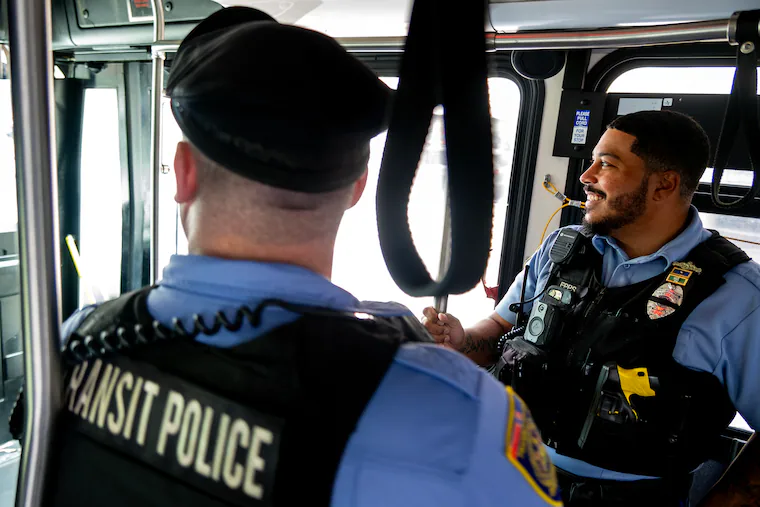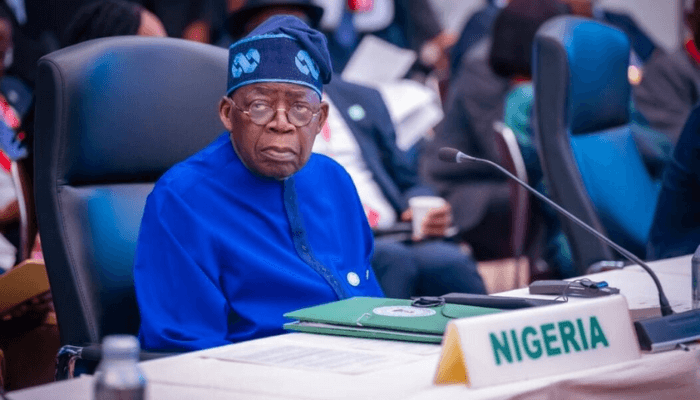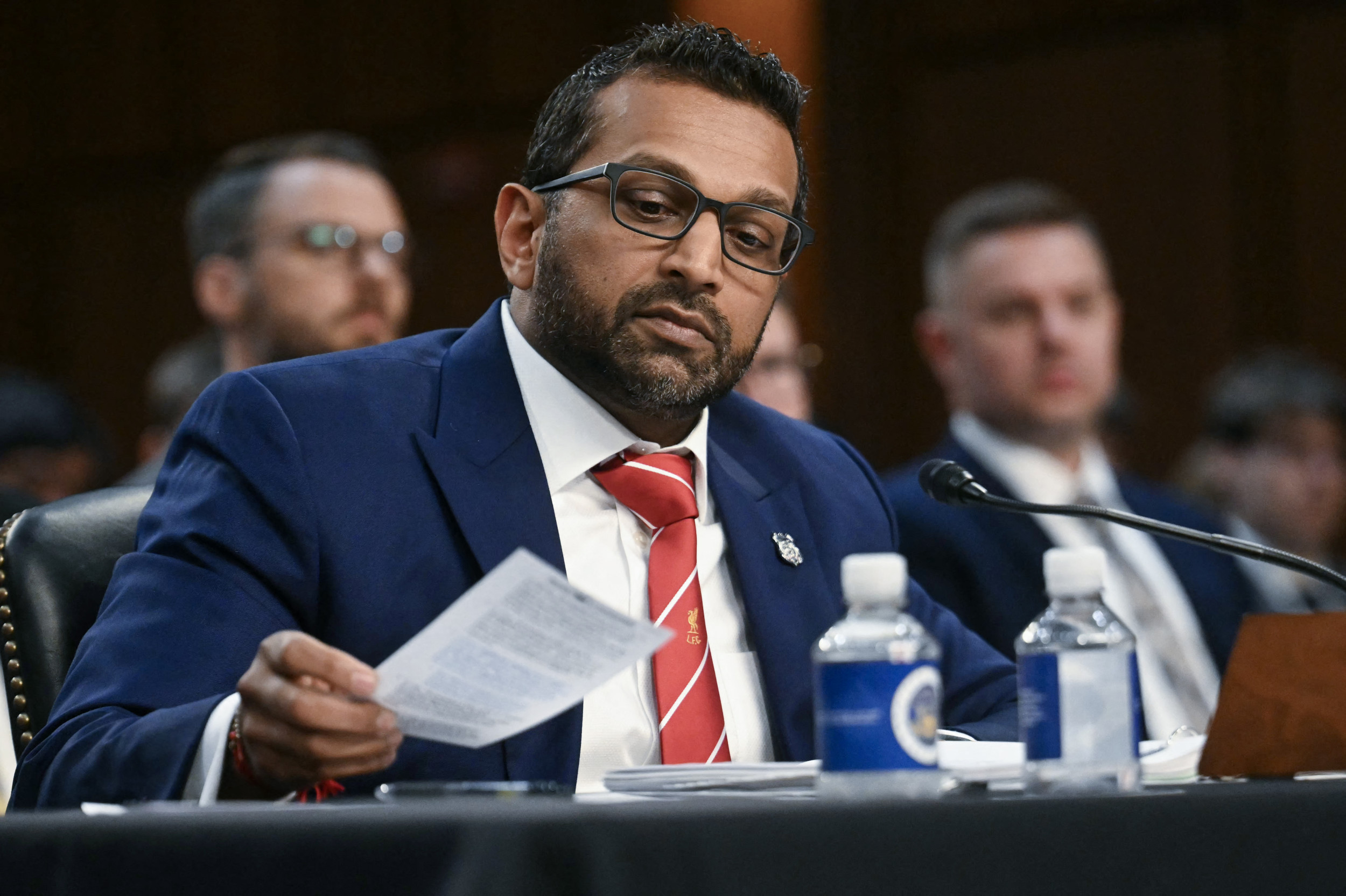
A buzzer like the one on the Family Feud game show disturbed a quiet westbound Route 21 SEPTA bus as a woman boarded and tapped her Key Card on the fare reader.
The screen showed a red X and flashed the message “Declined: low balance — No fare product.”
Two uniformed Transit Police officers were standing right there on the recent morning, though, and she was politely told she had to get off the bus. She argued but complied.
Fare evasion costs SEPTA an estimated $50 million a year, and the transit agency has ratcheted up enforcement. Not paying for a ride is now a summary theft offense that requires violators to go to court and carries a fine of up to $300.
» READ MORE: SEPTA’s fare evasion crackdown is no joke. Ask the more than 3,200 people criminally charged this year.
It may seem a minor thing, but fare evasion can be contagious, angers riders who do the right thing, and was a talking point that helped legislative opponents kill a proposal to increase state funding for mass transit in August.
“It ends up hurting SEPTA because when you go to the state to ask for help, they say ‘Why should we give you any money when people aren’t paying?’” said Brendan Dougherty, a patrol officer who was working the fare-evasion detail.
Driving the message
Buses and trolleys are a challenge because they make thousands of trips a day in Philadelphia and its suburbs — without even a turnstile to slow down theft.
Since spring, Transit Police have directed the six-person Surface Transportation Unit to prioritize fare evasion, sending them on buses and trolleys that are hot spots based on reports from operators and customers, as well as data from automatic passenger counters and fare receipts.
Sometimes the teams are undercover. But most often the officers are wearing uniforms on fare-evasion patrol, as Dougherty and fellow Officer Nicholas Epps were the day The Inquirer accompanied them on the 21 bus.
From June 1 through Sept. 26, officers issued 31 summary offense tickets for evading the fare on buses or trolleys, Transit Police Chief Charles Lawson said.
Deterring fare evasion and driving home the message that it is wrong are as valuable as a fine, he said.
“It’s more about them not riding the bus without paying than about writing the ticket,” said Epps, 32, who has been with the Transit Police for nine years. He said he’s often seen people turn around and hop off the bus upon seeing him or another officer at the top of the stairs.
“How do you change part of a city’s culture?” said Lt. Domenic Barone III, supervisor of the unit. “That’s what we’re trying to do.”
‘Let us ride in peace’
Operators are glad officers are riding the buses. They’ve been harassed and assaulted in recent years, with people reacting to a request they pay the fare. For that reason, SEPTA tells operators not to confront evaders.
The police in the unit also visit the district depots to talk with operators and discuss issues they are having.
“There’s a closer connection. I see them on the street or in the districts — ‘Hey Epps, Epps’ — and they’ll tell me about problems they’ve been having on their route.”
Most passengers seem glad to see police around more often, too, saying it makes them feel safer.
Ruby Ladson said she often doesn’t feel safe on transit. She uses buses and the Market-Frankford Line regularly and has had it with people smoking, stumbling around drunk or high, urinating, or acting up.
“It’s the things that don’t make the news,” said Ladson, 75, of West Philadelphia. “This started before the pandemic and it’s getting worse … I don’t say anything. You don’t know what people are going to do anymore. Let us ride in peace.”
» READ MORE: With ridership down and antisocial behavior up, SEPTA is grappling with how to make Philly transit feel safer.
She was waiting with shopping bags for a Route 68 bus at the 69th Street Transportation Center, where the transit officers were talking before further patrolling.
“Do you have the Transit Watch app?” Dougherty, 35, asked. He explained people can use it to quietly report problems in real time.
“Oh no. I’ve had two strokes. I can’t do that stuff unless I get the grands or great-grands to help me,” Landon said.
Dougherty pulled out a small notebook and wrote down the telephone number for SEPTA police dispatch, tearing off the page for her. She should call that number or 911 if she is unsafe, Dougherty said.
The woman who was told to leave bus for not paying showed up at 69th Street on a later Route 21 bus, apparently one without police officers aboard. She complained to Barone.
She had to get where she was going fast and intended to reload her card, she said. Barone gently reminded her she had to pay the fare.
After she left, the lieutenant said, “It’s your co-pay. If you want transit to ride, you’ve got to take care of your co-pay.”



